Marine Microbial Observatories for the Future
From Samples to Data to Legacy in the Era of Integrated ‘Omics
HIFMB Oldenburg, Im Technologiepark 5, 26129 Oldenburg
October 2nd
Marine microbes support global biogeochemical cycles, drive climate patterns, and hold untapped potential for biotechnology. The unprecedented access to their diversity and lifestyles through increasingly affordable high-throughput and high-resolution ‘omics data promises insights that can, inter alia, help track ocean health and biodiversity loss, detect early signs of tipping points, support biotechnological innovation, inform sustainable environmental management, and guide marine policy and conservation.
Numerous large-scale efforts in recent decades that span from data collection to interpretation provide a promising outlook for continuous and interoperable microbial observatories, and warrant discussing how we can advance these critical observing networks into the future.
Building on this foundation, this unique HIFMB symposium presents key perspectives and highlights from individuals who are known for their contributions to marine microbial sciences through their involvement in various large-scale initiatives. We hope you can join us as international experts share cutting-edge insights on how ‘omics-powered marine microbial observatories are transforming our understanding of ocean ecosystems.
This symposium has been endorsed as an official Activity under the UN Decade of Ocean Science for Sustainable Development (2021-2030).
Invited Speakers
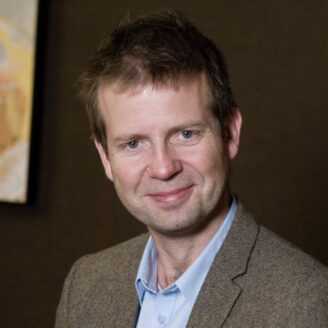
Adam C. Martiny is a Professor at the University of California Irvine in the US. Adam is interested in quantifying how global human-induced environmental changes affect highly-diverse microbial communities in the ocean and how that in turn affects ecosystem functions. Besides his extensive body of work that spans from microbial ecology to ocean biogeochemistry, you may know Adam from his contributions to the Bio-GO-SHIP project. We invited Adam because of his experience in studying marine microbial life and his leadership in Bio-GO-SHIP effort.
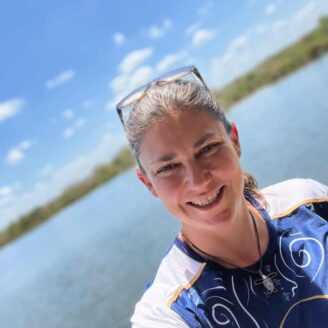
Alejandra Prieto-Davó is a Professor at the National Autonomous University of Mexico in Mexico. Alejandra is interested in the biotechnological and biosynthetic potential of marine microbes. Besides her extensive body of work that ranges from the antibiotics discovery to environmental restoration strategies, you may know Alejandra from her work with the Global Ocean Observing System (GOOS) Biology and Ecosystems (BioEco) panel on developing the microbial biomass and diversity Essential Ocean Variable (EOV). We invited Alejandra because of her expertise in microbial bioprospecting, her involvement in global coordination through GOOS, and the regional perspective she brings to challenges and solutions for marine microbial observations in Latin America.
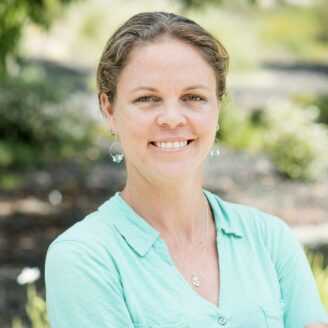
Elisha Wood-Charlson is a User Engagement Lead at the Lawrence Berkeley National Laboratory in the US. Elisha is interested in marine microbial and viral ecology, as well as improving data discovery and interoperability. Besides her extensive body of work that ranges from the characterization of viral communities to the introduction of global data portals, you may know Elisha from her contributions to the NMDC and KBase. We invited Elisha because of her insight into data stewardship and her efforts to improve science communication and collaboration.
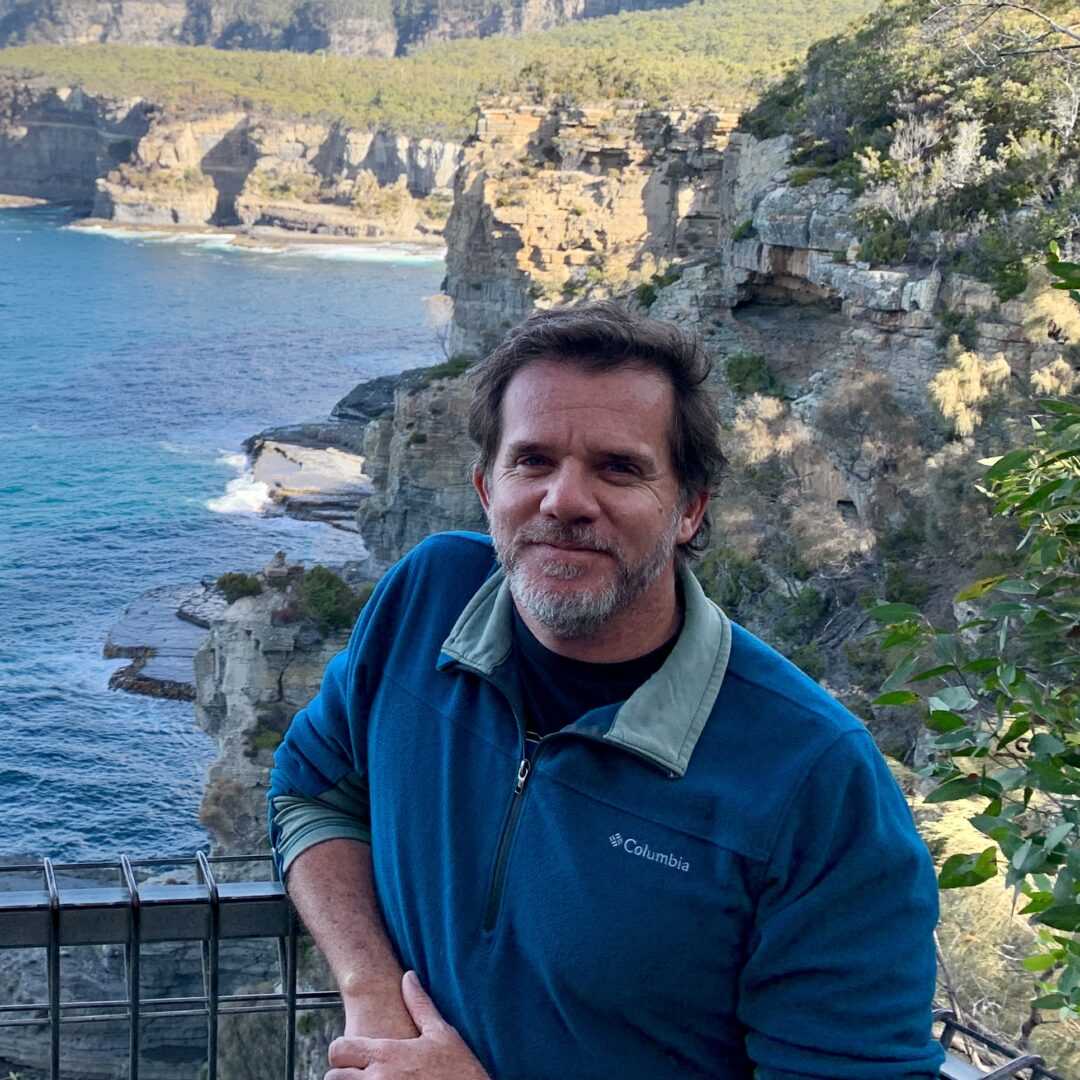
Enrique Montes is an Associate Scientist at the Cooperative Institute for Marine and Atmospheric Studies (CIMAS), University of Miami, in the US. Enrique is interested in physical and biological controls of carbon, nitrogen and oxygen cycling in the ocean, and how these cycles in turn drive marine ecosystems across time and space. Besides his extensive body of work that spans from eDNA research to seascape biogeography, you may know Enrique from his contributions to the Marine Biodiversity Observatory Network (MBON) Pole to Pole in the Americas initiative and to NOAA’s Atlantic Oceanographic and Meteorological Laboratory (AOML).
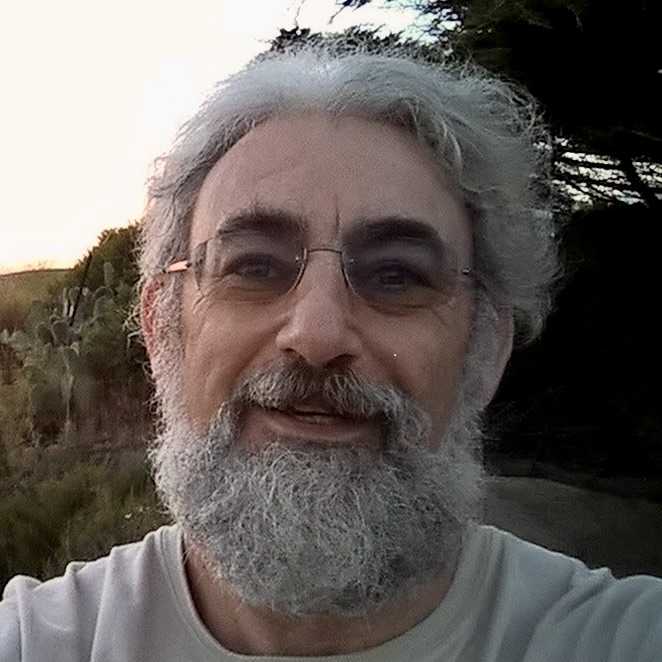
Jed Fuhrman is a Professor at University of Southern California in the US. Jed is interested in roles of microorganisms including viruses, prokaryotes, and protists in natural marine ecosystems and the cycling of matter in the ocean, from the microscopic scale to the global scale. Besides his extensive body of work, that spans from marine ecology to biological oceanography, you may know him from his leadership of the San Pedro Ocean Time-Series (SPOT), his lab’s validation of a set of universal 3-domain primers for microbial community analyses, and recent work from his lab generating the global GRUMP atlas. We invited Jed because of his experience in studying marine microbial life and coordinating the ocean time-series measurements at SPOT.
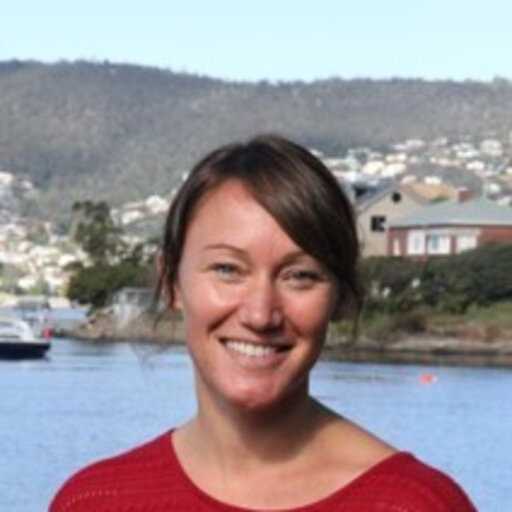
Jodie van de Kamp is a Group Leader at CSIRO in Australia. Her research focuses on using metagenomics and molecular tools to study marine microbial ecology. Besides her extensive body of work that spans from marine microbial ecology to biogeochemistry, you may know Jodie from her contributions to the Integrated Marine Observing System (IMOS), the Australian Microbiome Initiative, and international initiatives like the Ocean Biomolecular Observing Network (OBON). We invited Jodie because of her contributions to global observing coordination and her role in representing the Australian perspective on omics-based ocean monitoring.
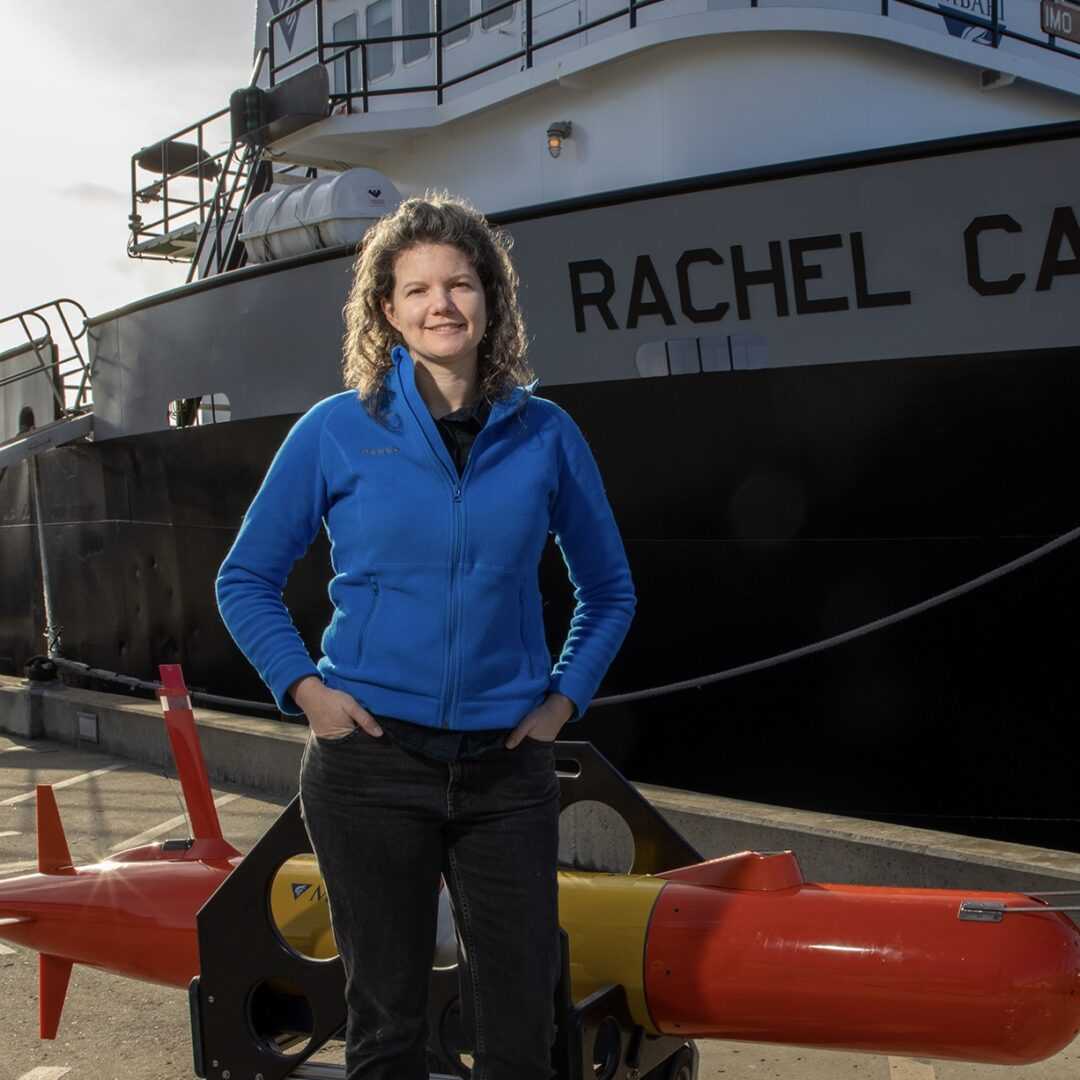
Kathleen (Katie) Pitz is a Senior Research Technician at MBARI in the US. Katie is interested in combining molecular and acoustic techniques to study marine ecosystems, with a focus on characterizing microbial and biological diversity in relation to oceanographic processes. Besides her extensive body of work that spans biological oceanography and environmental genomics, you may know Katie from her leadership of the Better Biomolecular Ocean Practices (BeBOP) project and her involvement in OBON. We invited Katie because of her expertise in molecular ecology, her leadership in the BeBOP project, and her contributions to coordinating molecular approaches within the broader ocean observing community.
Time Schedule
| 09:00 | Registration & welcome coffee |
| 09:30 | Opening remarks and introductions |
| 10:00 | Talk 1 | Adam Martiny, UC Irvine | Bio-GO-SHIP – observing the high seas |
| 10:30 | Coffee break |
| 10:45 | Talk 2 | Alejandra Prieto-Davó, UNAM | Towards Building a Coastal and Marine Microbial Observatory Network in México, challenges and experiences |
| 11:15 | Talk 3 | Kathleen Pitz, MBARI | Detecting variability through space and time with eDNA |
| 11:45 | Group picture |
| 12:00 | Lunch snack |
| 13:15 | Talk 4 | Elisha Wood-Charlson, DOE Systems Biology Knowledgebase, LBNL | Changing how data becomes ‘knowledge’ |
| 13:45 | Talk 5 | Enrique Montes, University Miami CIMAS | All hands on deck: A Marine Biodiversity Observation Network (MBON) for monitoring life in the sea |
| 14:15 | Coffee break |
| 14:30 | Talk 6 | Jodie van de Kamp, CSIRO | Australian Microbiome: National Collaboration for Microbial Insight and Impact |
| 15:00 | Talk 7 | Jed Fuhrman, USC Dornslife | New ways of looking at the roles of marine microbes |
| 15:30 | Closing remarks |
| 15:45 | Networking & open discussion |
| 16:30 | Event conclusion |
For any questions, suggestions, and concerns, please contact Raïssa Meyer: raissa.meyer@hifmb.de
Register here
This symposium is endorsed by the United Nations Decade of Ocean Science for Sustainable Development as a Decade Activity. Use of the United Nations Decade of Ocean Science for Sustainable Development logo by a non-UN entity does not imply the endorsement of the United Nations of such entity, its products or services, or of its planned activities. For more information please access: https://forum.oceandecade.org/page/disclaimer
Good to know
We believe that everyone (participants and staff) has the right to be in a respectful, safer and welcoming environment at our symposium. We are dedicated to provide an inclusive symposium experience for everyone, regardless of race, ethnicity, national origin, citizenship, language, political or other option, gender, gender identity and expression, sexual orientation, disability, physical appearance, body size, age, religion or economic class. Discrimination, harassment, bullying and/or patronising behaviour has no place at the symposium, or in any professional context, and will not be tolerated.